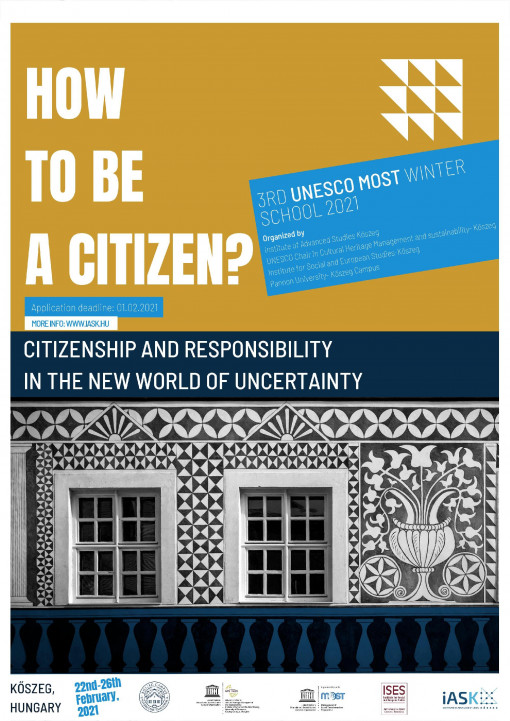International Day of Light 16 May
At its 39th session, the General Conference of UNESCO proclaimed every 16 May as the International Day of Light.
At its 39th session, the General Conference of UNESCO proclaimed every 16 May as the International Day of Light. The purpose of this annual International Day is to enable global appreciation of the central role that light plays in our daily lives in so many different ways in areas of science, art, education, and sustainable development. This International Day will contribute to build new bridges between science and culture, and forge new links between scientists, decision makers, industry leaders, non-governmental organizations and the public at largea. More information: https://www.lightday.org/



